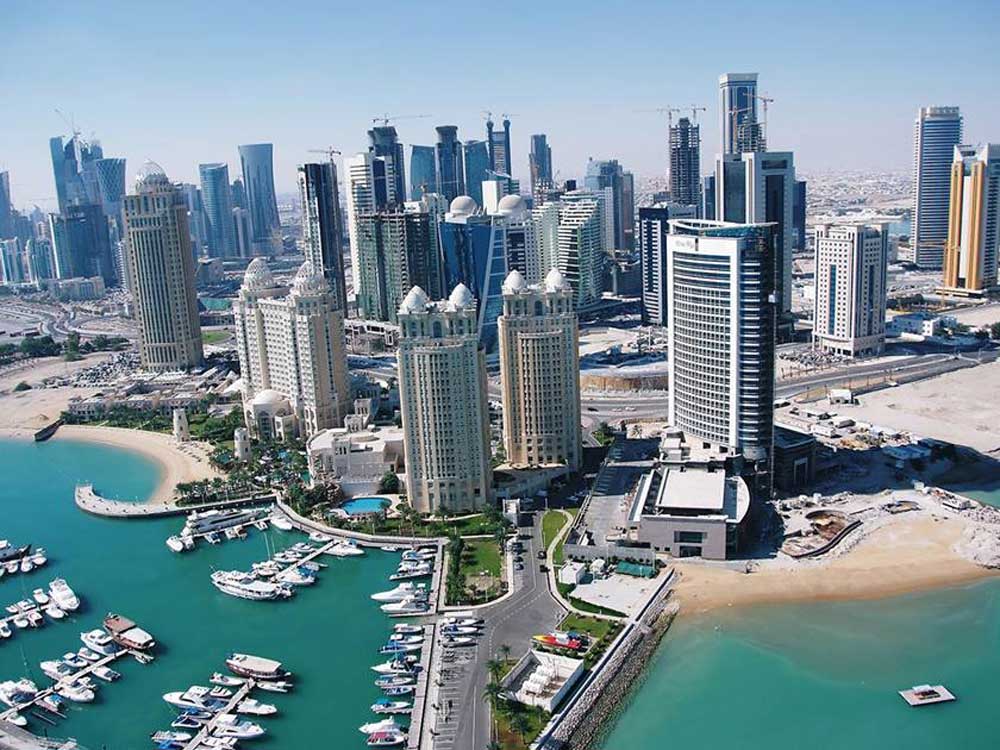The Ministry of Environment and Climate Change in Doha, Qatar has launched the Mercury Initial Assessment (MIA) project to protect the environment and human health from the harmful effects of mercury and its compounds. This initiative aims to help the government determine the national requirements for implementing the Minamata Convention and establish a strong foundation for future work in line with convention provisions. Assistant Undersecretary for Environmental Affairs, Abdulhadi Nasser Al Marri, emphasized that the MIA project contributes to international efforts to manage mercury effectively and efficiently, in accordance with sound chemical and hazardous waste management practices.
At a workshop organized by the Ministry of Environment and Climate Change, stakeholders discussed the MIA project for the Minamata Convention on Mercury in Qatar. The workshop aimed to enhance national capacities for implementing convention provisions, form specialized working groups, and facilitate the exchange of information and expertise among member states. MECC Undersecretary Abdul Aziz bin Ahmed Al Mahmoud and senior officials were present at the event to show their support for the project.
Al Marri explained that the goal of the project is to strengthen national capacities for implementing the Minamata Convention, assess institutional and technical needs, exchange experiences, and identify best practices. The project will evaluate various aspects of the current situation, including legislation and administration, and propose standards and specifications aligned with international trends and Qatar’s national context. This workshop reflects Qatar’s commitment to raising awareness about mercury’s impact on human health and the environment, in line with the objectives of the Minamata Convention.
The workshop marks the beginning of the assessment project for the Convention, which is being led by the Chemicals and Hazardous Waste Management Department in collaboration with the United Nations Environment Programme, the Minamata Convention Secretariat, and the Global Environment Facility. Participants engaged in extensive discussions on enhancing cooperation between government agencies and international organizations involved in managing mercury and its compounds through conducting an initial assessment and comprehensive inventory of mercury.
Overall, the Mercury Initial Assessment project in Qatar demonstrates the government’s commitment to protecting the environment and human health from the adverse effects of mercury. By implementing the provisions of the Minamata Convention and enhancing national capacities, Qatar is taking proactive steps towards managing mercury effectively and efficiently. Through collaboration with international partners, Qatar aims to exchange knowledge, share best practices, and promote cooperation for the sustainable management of mercury to safeguard the environment and public health in the region.











